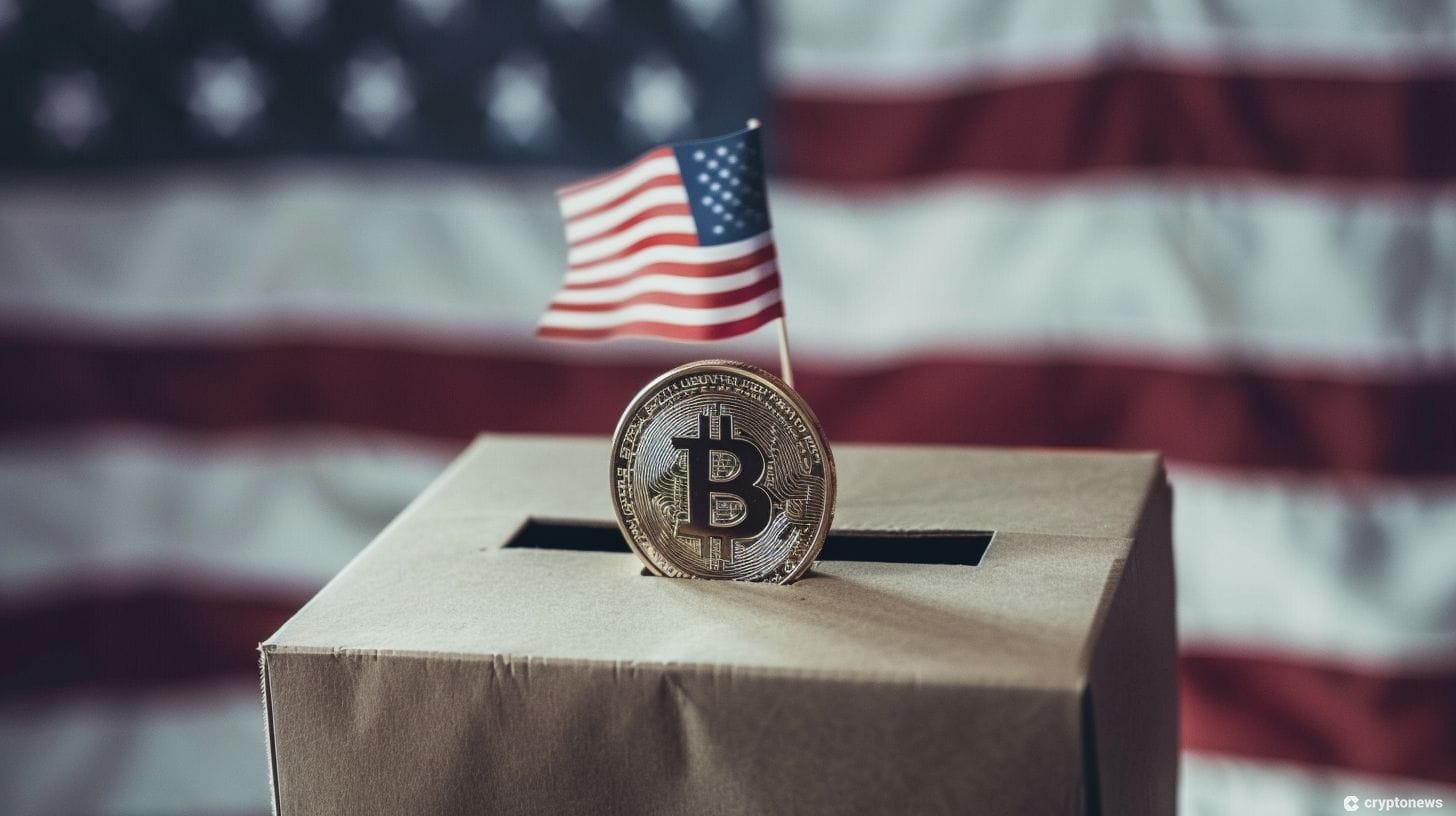The 2024 US elections may see cryptocurrencies playing a critical role, with one in five voters in swing states considering digital assets a major issue in deciding their vote, according to a report by Digital Currency Group (DCG) and The Harris Poll. The survey revealed that 48% of voters are wary of candidates interfering with crypto, while 30% are more likely to vote for politicians who support digital assets. Blockchain Association CEO Kristin Smith noted that over a quarter of voters are actively considering candidates’ positions on crypto when making their decisions.
The survey results come in the wake of regulatory actions by SEC Chair Gary Gensler against blockchain firms, creating uncertainty in the industry. Despite this, US lawmakers have failed to pass effective regulations for cryptocurrencies, causing political gridlock. DCG’s report indicates that most voters believe policymakers lack a clear understanding of blockchain technology and are concerned about stifling innovation through overregulation.
Julie Stitzel, Senior Vice President of Policy at DCG, emphasized the importance of establishing reasonable regulations that protect consumers while fostering innovation in the crypto space. The report suggests that a pro-crypto stance could be beneficial for policymakers and candidates in swing states, where voters are increasingly focused on digital assets and the financial system. As tensions rise ahead of the election, candidates like Donald Trump and Joe Biden may need to address the concerns of the growing crypto community to gain an edge in the polls.
The data from DCG’s poll underscores the significance of digital assets as a key issue in the upcoming election, with voters calling for greater discourse on cryptocurrencies from political candidates. The report also highlights a lack of understanding among policymakers regarding blockchain technology, leading to concerns about stifled innovation due to excessive regulation. With candidates split on their approach to crypto regulation, the election outcome may hinge on how well they address the concerns of voters in swing states who view digital assets as a critical issue.
Overall, the survey results point to a growing awareness and interest in cryptocurrencies among voters in key states, signaling a potential shift in the political landscape towards a more crypto-friendly environment. As the election approaches, candidates will need to navigate the complex regulatory landscape of the crypto industry to win over voters who consider digital assets an important factor in their decision-making process. By addressing these concerns and advocating for reasonable regulations, candidates can position themselves as champions of innovation while ensuring consumer protection in the evolving crypto ecosystem.


























